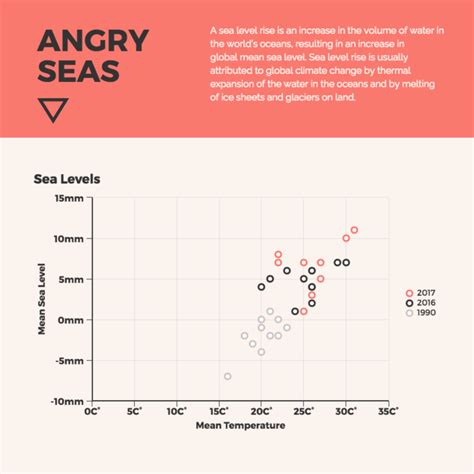Sea Scattering: A Cost Comparison Tool and Guide
Sea scattering, also known as sea burial or ocean burial, offers a poignant and environmentally friendly alternative to traditional burial methods. For many, the idea of their loved one's ashes being returned to the sea holds a powerful symbolic meaning, representing a return to nature and a peaceful final resting place. However, understanding the costs involved can be complex, varying significantly depending on location, service provider, and chosen options. This article serves as a comprehensive guide, providing insights into the factors influencing sea scattering costs and offering a framework for comparison. While we can't provide a specific, interactive cost comparison tool here, this guide will equip you with the knowledge to create your own comparison using the information provided.
What Factors Influence the Cost of Sea Scattering?
Several factors significantly impact the overall cost of a sea scattering service:
-
Location: Coastal areas with easy access to the sea may have lower costs compared to more remote locations requiring boat travel. Consider the distance from the chosen scattering site to the nearest port or launch point.
-
Vessel Type: The type of vessel used for the scattering significantly influences the price. A smaller, simpler boat will be cheaper than a larger, more luxurious vessel, or a chartered private yacht.
-
Service Package: Service packages vary widely. Some providers offer basic scattering services, while others include additional elements like a commemorative ceremony, floral tributes, professional photographer, or even a memorial video recording.
-
Additional Services: Consider additional costs such as transportation of the ashes to the scattering location, travel expenses for family members, and any potential permits or fees required by local authorities.
-
Number of People: Some providers charge per person attending the sea scattering ceremony. Larger groups may incur higher fees.
How to Create Your Own Sea Scattering Cost Comparison Tool
While a dedicated online tool for comparing sea scattering costs doesn't currently exist, you can easily create your own comparison sheet using a spreadsheet program like Google Sheets or Microsoft Excel. Here's how:
-
Identify Potential Providers: Research sea scattering service providers in your desired location. Use online search engines, directories, and funeral home websites.
-
Create Columns: Set up columns in your spreadsheet for each provider, including relevant details such as their company name, contact information, and location.
-
List Cost Factors: Create separate columns for each cost factor identified above (Location, Vessel Type, Service Package, Additional Services, Number of People).
-
Gather Price Information: Contact each provider to obtain detailed pricing information for their services. Be specific about your requirements to get accurate quotes.
-
Compare and Analyze: Once you have all the price information, analyze it to determine which provider best fits your budget and needs.
Frequently Asked Questions (FAQ)
How much does a sea scattering typically cost?
The cost of sea scattering varies significantly, ranging from a few hundred dollars for basic services to several thousand dollars for more elaborate arrangements. The most significant factors impacting cost include the location, type of vessel, and included services.
What are the legal requirements for sea scattering?
Legal requirements for sea scattering vary depending on location. Some areas require specific permits or licenses, while others may have restrictions on the type of vessel or the location of the scattering. It's crucial to check with local authorities to ensure compliance.
Can I scatter ashes at sea without a service provider?
While it's possible to scatter ashes at sea without a service provider, it's strongly recommended to check local regulations first. Using a service provider ensures compliance with legal requirements and provides a more respectful and organized process.
What are some alternatives to sea scattering?
Alternatives to sea scattering include traditional burial, cremation with ashes kept in an urn, scattering ashes on land (in a designated area), or creating a memorial reef.
Conclusion: Planning Your Sea Scattering
Planning a sea scattering involves careful consideration of various factors, including cost, legal regulations, and personal preferences. By using the information and framework provided in this guide, you can effectively compare different providers and create a personalized and meaningful sea scattering ceremony that honors your loved one’s memory. Remember to always prioritize careful research and communication with potential providers to ensure a smooth and respectful process.

